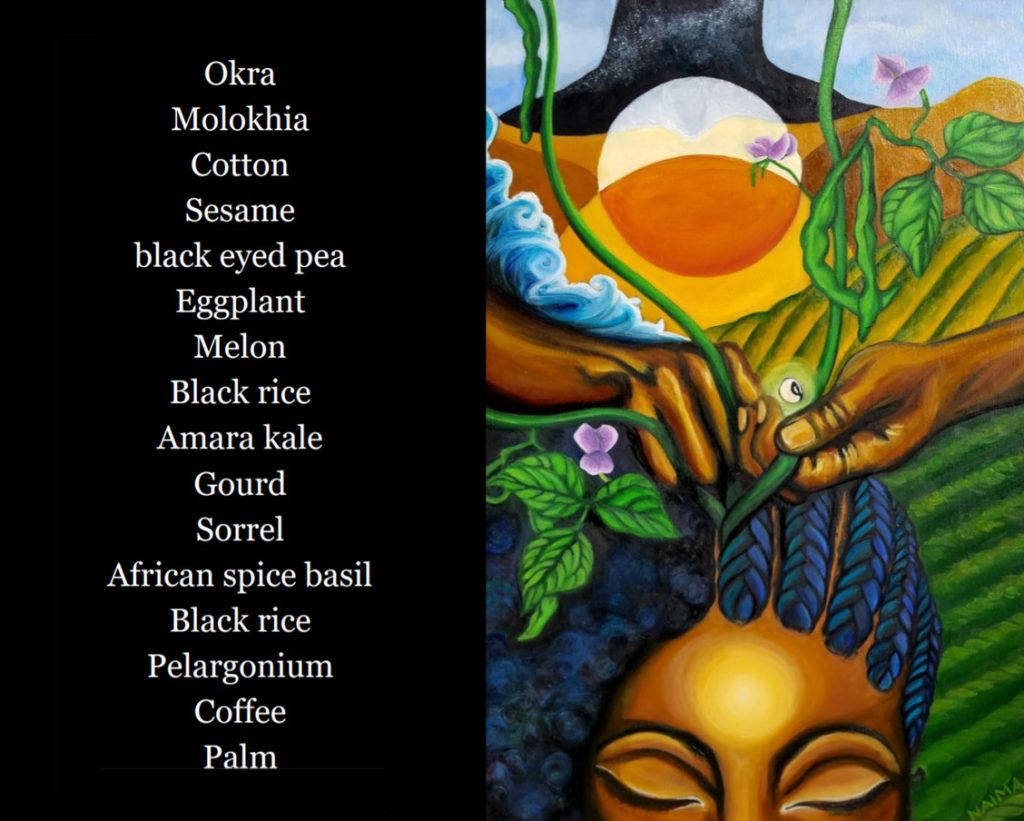Honoring Black Wellness History:
The Plants of Black Freedom with Leah Penniman

In the GWS 2021 Wellness Trends Report’s “Adding Color to Wellness,” Global Wellness Institute Research Fellow Tonia Callender stated, “The wellness industry does not value Black wellness. Mainstream wellness companies ignore Black wellness consumers and rarely market to them.” These can be hard words to hear, but far too often in the wellness industry, the message is: white wellness alone defines wellness.
However, there is progress, and in recent years more attention has been paid to African plant medicine, often referred to as herbal medicine. The American Herbalists Guild, a leading association of herbal practitioners, presented a fascinating webinar, The Plants of Black Freedom with Leah Penniman, which traces African plant medicine from 1500 BCE in Egypt through its journey in bowels of slave ships to practices today.
Watch the full webinar on Vimeo. Click here to view the slides.

In her presentation, Penniman recounts how African plant medicine, “…. was kept alive in the root and conjure work of the Black American South… in Harriet Tubman’s deft use of wild plants to keep her Underground Railroad passengers healthy, and in the natural pharmacies of orisa worshipers.” She also explains the origins and healing properties of plants including okra, cotton, black eyed peas, Amara kale, African spice basil and Pelargonium coffee – to name a few.
As we celebrate Black History Month, we encourage wellness leaders to learn more about the history and benefits of African plant medicine and what Black herbalists can teach us.
It’s past time to discover the central role of plants in Black freedom –and wellness.























































